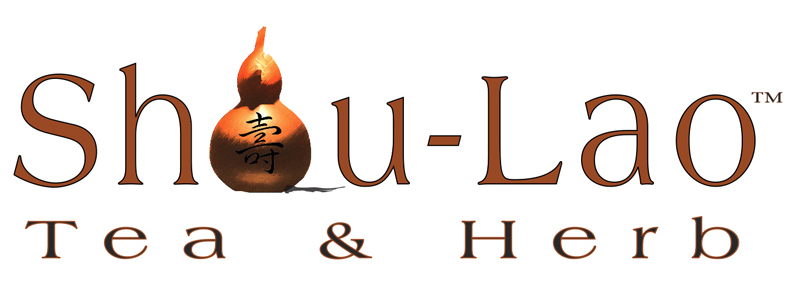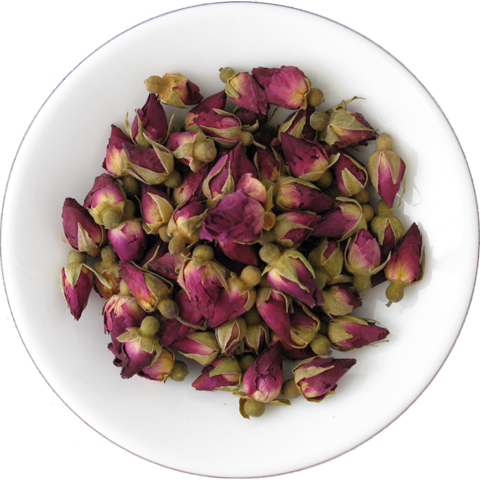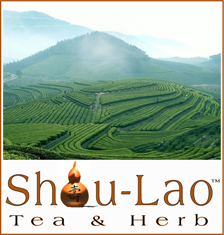Red Rosebud Tea
This Herbal Tea (Tisane) is made from real rose buds, plucked when they are young and then dried. It has a natural rosy taste and aroma, making it a lovely and highly enjoyable beverage. The essential oils in Rosebud Tea can help to improve circulation, is good for the heart, and naturally improves ones mood. It offers a flowery aroma, a light sweet taste and results in a pale brew. This tea can be better appreciated if blended with other teas such as a shu (cooked) puerh.
Rosebud tea is an infusion of processed pieces of the rose bush plant that have been steamed, dried and often crushed for steeping. Rose petals and rosebud pieces are most commonly harvested while they are still buds in an adolescent stages of growth. This preserves its full flavor during the processing of the plant. Rosebud and rose petal tea has a documented use in Chinese medicine for more than 4,000 years. Drinkers of this tea claim many benefits, including reduced symptoms of depression, calmed nerves, increased circulation and improved digestion. These claims have not been substantiated by the Food and Drug Administration.
Vitamin C
According to a report filed with the Food and Drug Administration, rosebuds, rose hips from the stem of the plant and rose petals are found to have high levels of vitamin C in raw form. They can lose anywhere from 45 to 90 percent of their vitamin C levels through the drying process, however. Because each manufacturer processes the fresh plant differently, the levels of vitamin C in individual brands of rosebud tea vary. Vitamin C has been shown to boost the immune system, promote healthy skin and bones and to help the body absorb iron.
Other Antioxidants
According to ChoiTime.com, rosebud tea is high in other antioxidants called catechin polyphenols -- specifically epigallocatechin gallate, also known as EGCG. Antioxidants are substances that protect your body from free-radical damage, which can cause cancer. EGCG can not only prevent free-radical damage but also kill cancer cells without harming healthy cells surrounding them. These claims have not been substantiated by the Food and Drug Administration.
Caffeine
Most forms of rosebud tea are naturally caffeinated, although mildly so. One 8 oz. serving of rose tea contains anywhere from between 30 to 60mg of caffeine, while a traditional cup of coffee contains more than 100mg of caffeine. According to Medline Plus, caffeine gives a boost of energy while stimulating the central nervous system. It also boosts the body's metabolism.
Origin: An Hui, China
Harvest Period: 2012
Brewing Guide: To get the most out of your tea, as a general rule it's always recommended to use glass-based or porcelain tea ware. First rinse the tea cup and teapot with hot water. Then use 2 teaspoons for every 8 fl oz. of water. Steep your Rosebud Tea in hot water at 195°F to 205°F for 2 to 4 minutes.
References
• Food and Drug Administration: Poisonous Plant Database: Herb Drinks
• Tea Palace London: Health Benefits by Ingredients
• Medline Plus: Vitamin C
• Medline Plus: Caffeine



